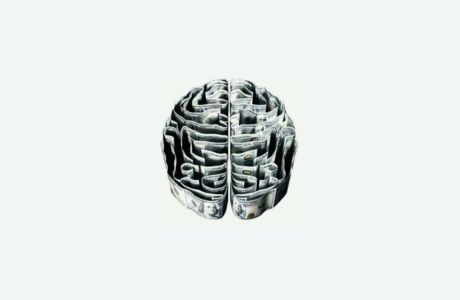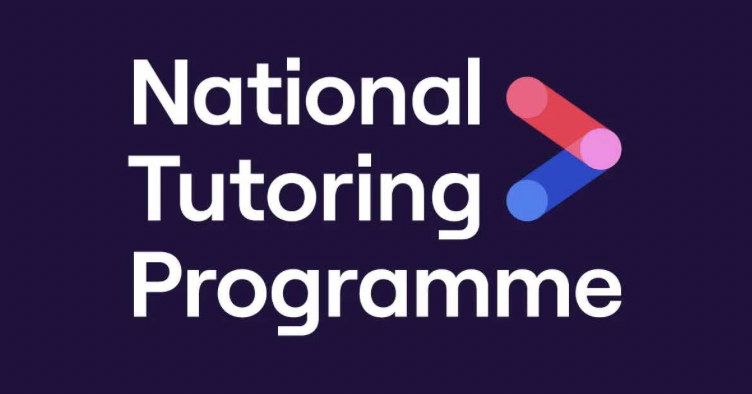Misconceptions about Children's Mental Health

We’re experiencing a cultural shift in our knowledge, understanding and attitudes towards mental health, with conversations becoming more widely accepted and awareness being raised across our media channels.
But have you ever noticed how much this is focused on the mental health of adults, young adults and the elderly? At what point do we begin conversations around the mental health of children, and not just those involved in the care system or with a history of trauma. We’re talking about all children who, just as they do with their physical health, experience periods of strong, healthy mental health and periods of poorer mental health. Many people still don’t have a complete understanding of children’s mental health, we are not witnessing the cultural shift around this particular area in the way we are with adult mental health. Unfortunately, there are some who ignore children’s mental health entirely. So we’ve put together this list of the most common misconceptions about children’s mental health in the hope we can raise awareness and encourage some real and raw conversations to begin.
- Children’s poor mental health is a result of bad parenting
- Children are resilient, they’ll bounce back or grow out of it
- Children with mental health problems are damaged for life
- Therapy (for anyone) is a waste of time
- Mental health challenges are something to be ashamed of
Wrong! These points are all wrong. They may be based on previous understanding (lesser knowledge of these challenges) or perhaps they are being strongly associated with Adverse Childhood Experiences (or assumptions of). Either way, they are dated thoughts and we’re here to address each one.
Children’s poor mental health is a result of bad parenting
A child experiencing mental health difficulties is not necessarily a result of their parents. Of course, those who experience early life trauma, neglect or abuse are more likely to experience poor mental health as a result, but many other children without such experiences have mental health challenges. Many reasons for their onset can be entirely out of the control of anyone, or may even be unknown. Just in the way adults experience periods of poorer mental health, children can too. It may be environmental, or situational, or they may just be finding it difficult to process, understand and verbalize their emotions in a manageable way. There are many reasons why children can feel overwhelmed and prolonged periods of this can easily lead to mental health challenges.
Children are resilient, they’ll bounce back or grow out of it
Children are resilient and yes they will bounce back, with the right support. Prolonged periods of poor mental health can be significantly impactful and lead to difficulties in many aspects of life. Without the right support in place, this could lead to disengagement with education, difficulty in forming and maintaining friendships, becoming more susceptible to substance misuse and even suicidal thoughts. Children’s mental health should be taken seriously and support should be sought before any long term impacts begin to form.
Children with mental health problems are damaged for life
With the right support, from professionals and adults involved in the care of a child, these challenges can be overcome. Individuals may continue to experience thoughts associated to these challenges throughout their life time, but can be supported to gain the tools they require to help themselves manage them in a healthy way.
Therapy (for anyone) is a waste of time
For a small number of us, therapy comes without benefits. But for the majority, therapy can offer endless opportunities to gain understanding of challenges or difficulties you face, tools to allow you to live in harmony with these thoughts and work towards becoming mentally healthy. As we see the changes in societies opinions around mental health, new forms of therapy are becoming much more widely accepted and available. If talking therapies aren’t right for a child in that moment, there may be the opportunity to explore Play Therapy, Art Therapy or Drama Therapy which is much more active, creative and indirect.
Mental health challenges are something to be ashamed of
This is a misconception we really don’t agree with. Are we ever ashamed to have a cold, tonsillitis or a broken bone? Not at all! They are simply a period of poor physical health that society is widely accepting of. So for those who suffer with periods of depression or anxiety for example, it is no different. For children, this could not be more true. We must equip children with the tools they need to overcome these periods without any feeling of shame, guilt or blame.
More articles
Go to the blog



















